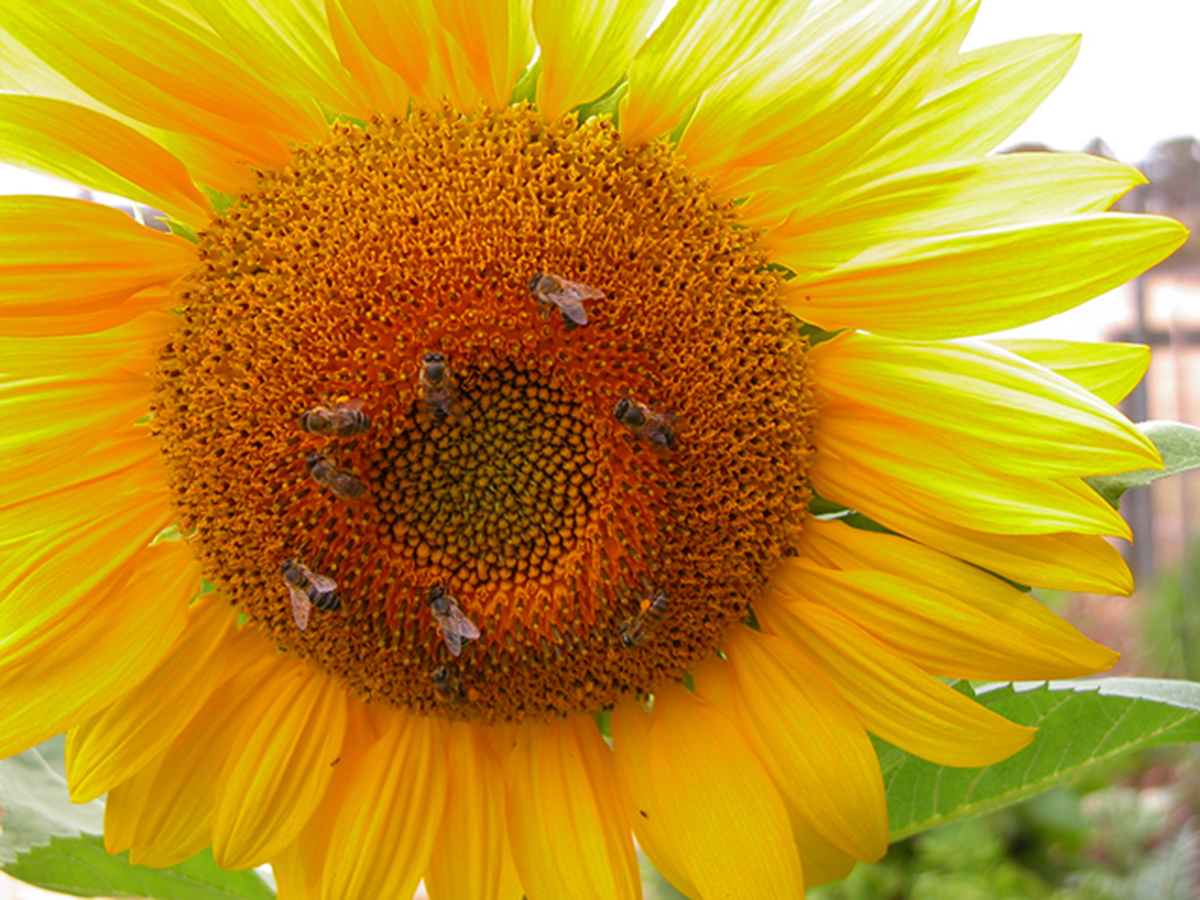Table of Contents
Allergies can make life hell, especially those that impact on breathing and affect the eyes and nasal passages. There hasn’t been much research on the subject, but the idea that pure organic honey can alleviate and ultimately reduce the symptoms of hayfever and other allergic reactions is one that is appeals to many allergic people, particularly those who suffer adverse reactions to medical treatment.
In the US alone, it is reported that one in five people suffer from allergies. Some reactions are sparked by what they breathe, some by what they touch, and others by what they eat or drink. Most commonly, allergies cause coughing or an irritated throat, sneezing, a runny nose, swollen and puffy red eyes, and itchiness that might affect everything from the skin to eyes or inside of the mouth, and rashes.
For example, pollen is a major allergen, that is also very common, and for anyone who is allergic to pollen, spring can be a nightmare – I have first-hand experience.

What The American Honey Producers Organization Says
The American Honey Producers organization recommends honey for a number of allergies, but warns that severe allergic reactions should be checked out medically, particularly those that result in shortness of breath or wheezing, an increase or decrease in blood pressure, or rashes or hives.
Allergies the organization says can be alleviated with honey include:
- A variety of indoor and outdoor allergies, some of which affect the eyes. These include dust mites, cat and dog dander, grass, trees, and wood pollen.
- Skin allergies that are brought on by contact with poison ivy, poison oak, and sumac, a flowering plant that grows in North America and Africa.
- Insect allergies including bee stings, ant bites, and wasp stings.
Food and drug allergies, including those sparked by milk, eggs, peanuts and tree nuts, soy, wheat or penicillin, and latex allergies should not be treated with honey. And before self-treating any allergy with honey, they warn that it is important to have an allergy test.
Testing And Treating Allergies
There are two types of allergy tests doctors generally do:
- Skin tests
- Blood tests
Skin tests take two forms; a scratch test or an injection. In both instances suspected allergens are applied to the skin and an allergic reaction confirms the allergen. Both give virtually instant results and are relatively inexpensive. Several allergens can be tested for at the same time, and if there is an allergic reaction (usually swelling and/or redness) this will only last for 24 to 48 hours.
Blood tests involve taking blood and sending it to a laboratory for testing. This method of testing is normally used for babies and young children, as well as patients who have eczema, psoriasis or another severe skin condition. Sometimes a blood test is chosen when patients are unable to stop taking current medication that might interfere with a skin test.
When it comes to treatment, there are two routes a doctor or allergist will be likely to take: medication or immunotherapy.
Medication is frequently prescribed to help control the symptoms of allergies. The most common are antihistamines, decongestants and corticosteroids. In emergencies, particularly if a patient is suffering from life-threatening anaphylaxis, ephedrine, a prescription bronchodilator and decongestant, is recommended by the American College of Allergy, Asthma & Immunology (ACAAI).
READ Warning: Not All Honey Is Natural And Healthy
Immunotherapy is a treatment that is used to prevent allergic reactions to substances including bee venom (from stings), grass pollens, and house dust mite. It involves giving the allergic person doses of the substance to which they are allergic, and gradually increasing the dose so that they become less sensitive to the allergen. The idea is that eventually they will become immune.
- americanhoneyproducers.org/relief-treatment-through-local-honey-for-allergies/
- http://acaai.org/allergies/treatment/allergy-testing
- acaai.org/allergies/treatment
- modernfarmer.com/2015/02/feds-seize-2-million-worth-illegal-chinese-honey/
- www.foodsafetynews.com/2013/02/honeygate-sting-leads-to-charges-for-illegal-chinese-honey-importation/#.VfFK9M7MeZY
- www.ncbi.nlm.nih.gov/pubmed/11868925
- www.twobeekeepers.com/raw-honey-for-allergies/
- www.swedishcovenant.org/community/well-community-articles/2014/06/23/can-local-honey-fight-off-allergies
- Photos courtesy of Janek Szymanowski ©
- Important notification about information and brand names http://www.steadyhealth.com/polices/terms-of-use#copyright


Your thoughts on this